In an era of rapid technological advancement, wearable health technology has emerged as a cornerstone of modern healthcare systems worldwide. From bustling metropolises to remote villages, these innovative devices have revolutionised how individuals monitor, manage, and optimise their health in real-time.
These devices are not merely accessories but indispensable tools that empower users to track vital health metrics like heart rate, sleep patterns, and physical activity seamlessly. Their integration with smartphone apps allows for personalised health insights, encouraging proactive health management and fostering a culture of wellness among users of all ages and backgrounds.
Join our WhatsApp ChannelAcross Africa, wearable health technology devices are heralded as transformative tools, promising to revolutionize personal health management and bridge gaps in healthcare accessibility. From smartwatches monitoring heart rates to health bands tracking vital signs, these devices offer unprecedented insights and possibilities. However, amidst their potential lies a landscape of challenges that must be navigated to unlock their full benefits for diverse communities.
READ ALSO: How To Use WhatsApp On Multiple Devices
Types of Wearable Health Tech Devices:
- Smartwatches: Equipped with sensors for heart rate monitoring, sleep tracking, and activity analysis, smartwatches provide continuous health insights and encourage active lifestyles. Users can sync data with smartphone apps to track trends over time and receive alerts for abnormal readings, promoting early intervention.
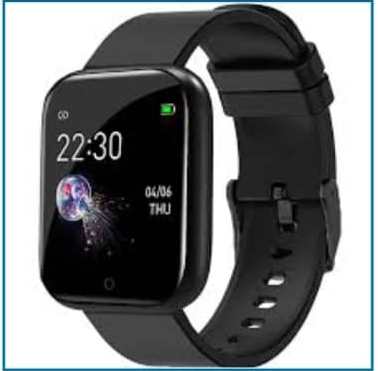
2. Fitness Trackers: Designed to monitor physical activity, calories burned, and exercise routines, fitness trackers help users set and achieve fitness goals. They provide feedback on daily steps, distance traveled, and calories consumed, motivating users to maintain an active lifestyle.
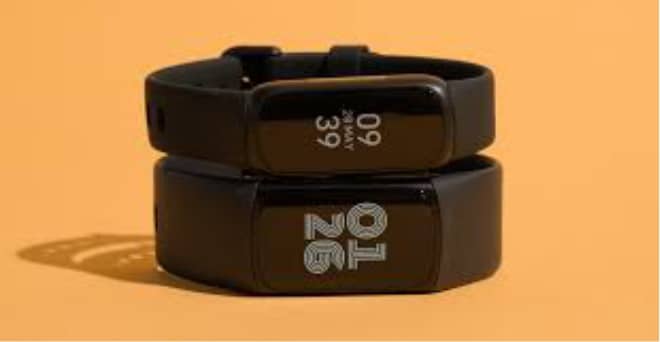 3. Health Monitoring Bands: These devices track vital signs such as blood pressure, oxygen saturation, and detect irregular heart rhythms, offering medical-grade monitoring capabilities. They are essential for managing chronic conditions and monitoring health trends over time.
3. Health Monitoring Bands: These devices track vital signs such as blood pressure, oxygen saturation, and detect irregular heart rhythms, offering medical-grade monitoring capabilities. They are essential for managing chronic conditions and monitoring health trends over time.
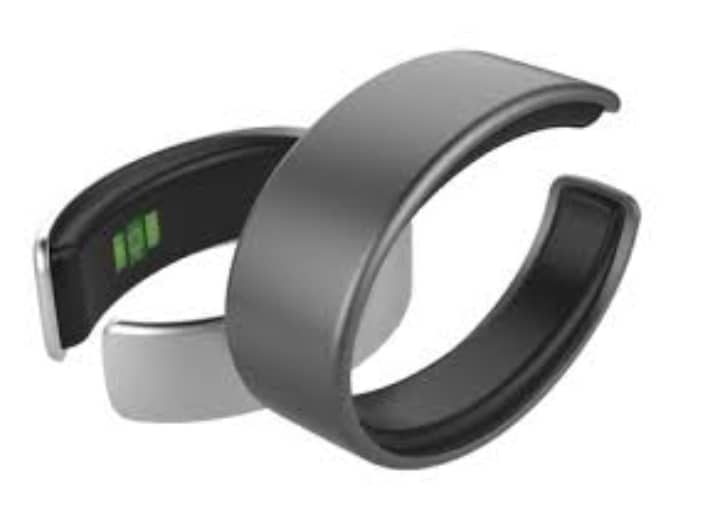
4. Smart Clothing: Integrating sensors into fabric, smart clothing monitors posture, movement, and physiological indicators, providing discreet health monitoring options. They offer continuous data collection without requiring additional wearable devices.

5. Medical Alert Devices: Designed for elderly or vulnerable individuals, medical alert devices provide emergency alerts, fall detection, and GPS tracking for immediate assistance. They ensure rapid response in emergencies and enhance safety for users living independently.
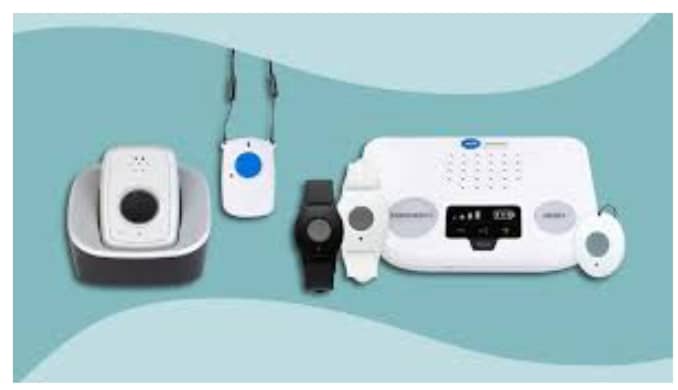
The Importance of Wearable Health Tech Devices:
- Enhancing Personal Health Management: Wearable devices empower users with real-time health data, enabling proactive monitoring and early intervention. In bustling cities and remote villages alike, individuals can track heart rates, monitor sleep patterns, and manage fitness goals with ease, fostering a culture of preventive healthcare.
- Revolutionising Remote Healthcare Access: In regions where healthcare facilities are scarce, wearable devices equipped with telemedicine capabilities connect users to healthcare professionals virtually. This breakthrough enables remote consultations, chronic disease management, and emergency alerts, effectively shrinking geographical barriers to quality healthcare.
- Supporting Public Health Initiatives: By aggregating data on population health trends, wearable devices offer insights critical to public health strategies. From disease surveillance to personalized health interventions, these devices facilitate targeted healthcare interventions that can improve community well-being and resilience.
READ ALSO: 5 Medical Tests You Must Do This Year
Challenges and Considerations
Affordability and Accessibility: The cost of wearable devices remains a barrier for many in Africa, particularly in low-income communities. Efforts to enhance affordability and promote inclusive pricing strategies are essential to ensure equitable access to these life-enhancing technologies.
Technological Infrastructure: Reliable internet connectivity and compatible smartphones are essential for maximizing the benefits of wearable devices. Challenges in infrastructure development across the continent underscore the need for investment and innovation in connectivity solutions.
Data Privacy and Security Concerns: The collection and management of sensitive health data raise significant privacy and security considerations. Robust measures to safeguard personal information and ensure compliance with data protection regulations are imperative to build trust among users and stakeholders.
Accuracy and Reliability of Data: While advancements in sensor technology have improved data accuracy, variability in readings and interpretation remains a concern. Continuous validation and calibration processes are essential to maintain the reliability of health metrics provided by wearable devices.
User Engagement and Behavior Change: Encouraging sustained user engagement and promoting behavior change are pivotal to achieving long-term health benefits. Strategies incorporating personalized feedback, gamification, and community support can enhance motivation and adherence to health goals.
Regulatory and Integration Challenges: Diverse regulatory frameworks across African countries pose challenges for manufacturers and healthcare providers seeking to deploy wearable devices. Harmonising standards, fostering cross-border collaboration, and integrating wearable data into existing healthcare systems are critical steps towards seamless adoption.
The Future of Wearable Health Tech in Africa:
As Africa embraces digital innovation, the journey towards realizing the full potential of wearable health technology devices requires collaborative efforts and strategic investments. Governments, healthcare providers, technology developers, and community advocates must work together to address challenges, promote equitable access, and maximize the impact of these devices on health outcomes across diverse populations.
Wearable health technology devices represent a paradigm shift in healthcare delivery and personal health management. From empowering individuals with actionable health insights to transforming how healthcare is accessed and delivered, these devices hold promise in fostering a healthier continent. By addressing challenges thoughtfully and harnessing the power of innovation, Africa can chart a path towards inclusive and sustainable health development, where wearable devices play a central role in shaping a healthier future for all.

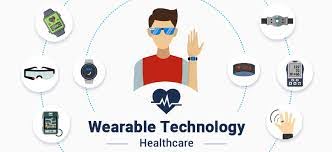
















Follow Us